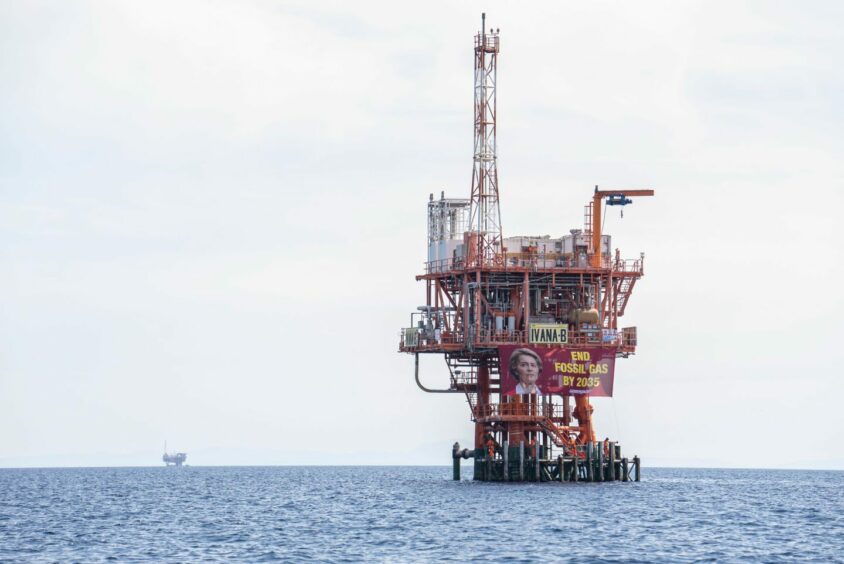
The European Union is facing legal challenges to its plan to support gas import projects, with accusations that this breaks climate and energy laws.
A group of NGOs has launched the legal case against the EU Commission. The group includes ClientEarth, Friends of the Earth (FoE) Europe, Food and Water Action Europe and CEE Bankwatch Network.
A statement from the group said there were 30 gas projects in its sights, the Projects of Common Interest (PCI) list.
The EU aims to provide regulatory and financial support, worth 13 billion euros ($13.9bn).
The PCIs include a number of grand plans, including the ambitious EastMed pipeline, but also smaller projects such as the connection of Malta to the European gas network.
“We’re arguing that the EU is shooting itself in the foot by supporting the projects because, in doing so, it’s ignoring its own climate and energy goals and its legal obligations under the Paris Agreement. This is unlawful,” ClientEarth said.
Europe is in the midst of an “energy price crisis”, it continued. An over reliance on gas is part of the reason for the price problems, it said.
ClientEarth lawyer Guillermo Ramo described the PCI list as a “VIP pass for fossil gas … when we should be talking about its phase-out.”
Ramo said the Commission’s failure to consider the impact of emissions from gas was unlawful.
The Commission has up to 22 weeks to reply to the complaint. ClientEarth said it was prepared to ask the EU Court of Justice to rule on the issue.
The warning signs for the PCI list have been on the rise. FoE Europe registered its complaints with the EU’s PCI list in November 2021 during COP26.
Adriatic opposition
Greenpeace also held a demonstration yesterday to mark its own opposition to the EU’s gas plans. The group wants the EU to end gas use by 2035.
Greenpeace Croatia activists boarded the Ivana-B platform, in the Adriatic Sea off Croatia, to highlight their concerns.
The NGO also reported a rig “lost” by INA in December 2020 during a storm. Greenpeace divers found the Ivana-D at the bottom of the sea. Furthermore, it reported, there is “deeply harmful methane still leaking from the wreck”.
